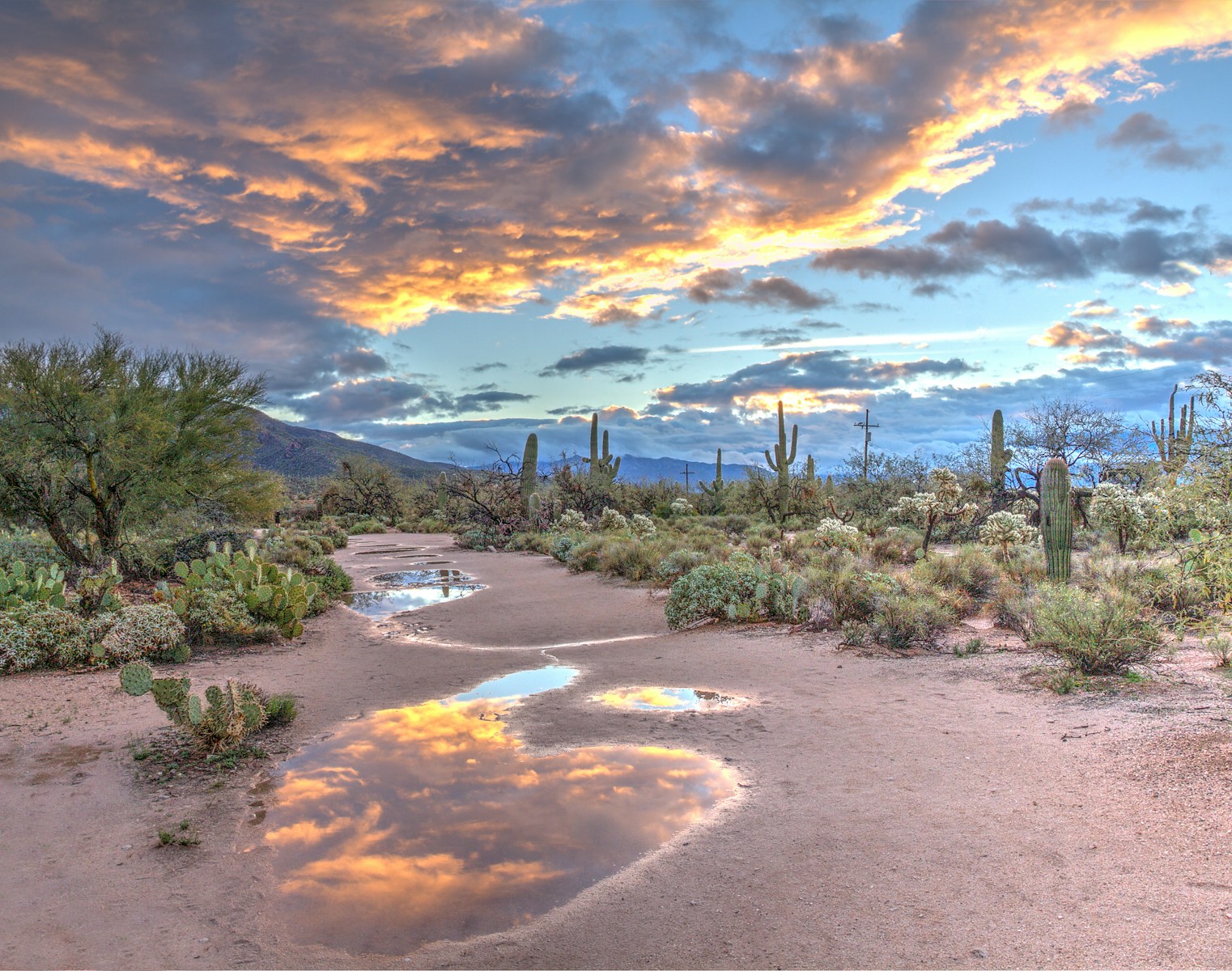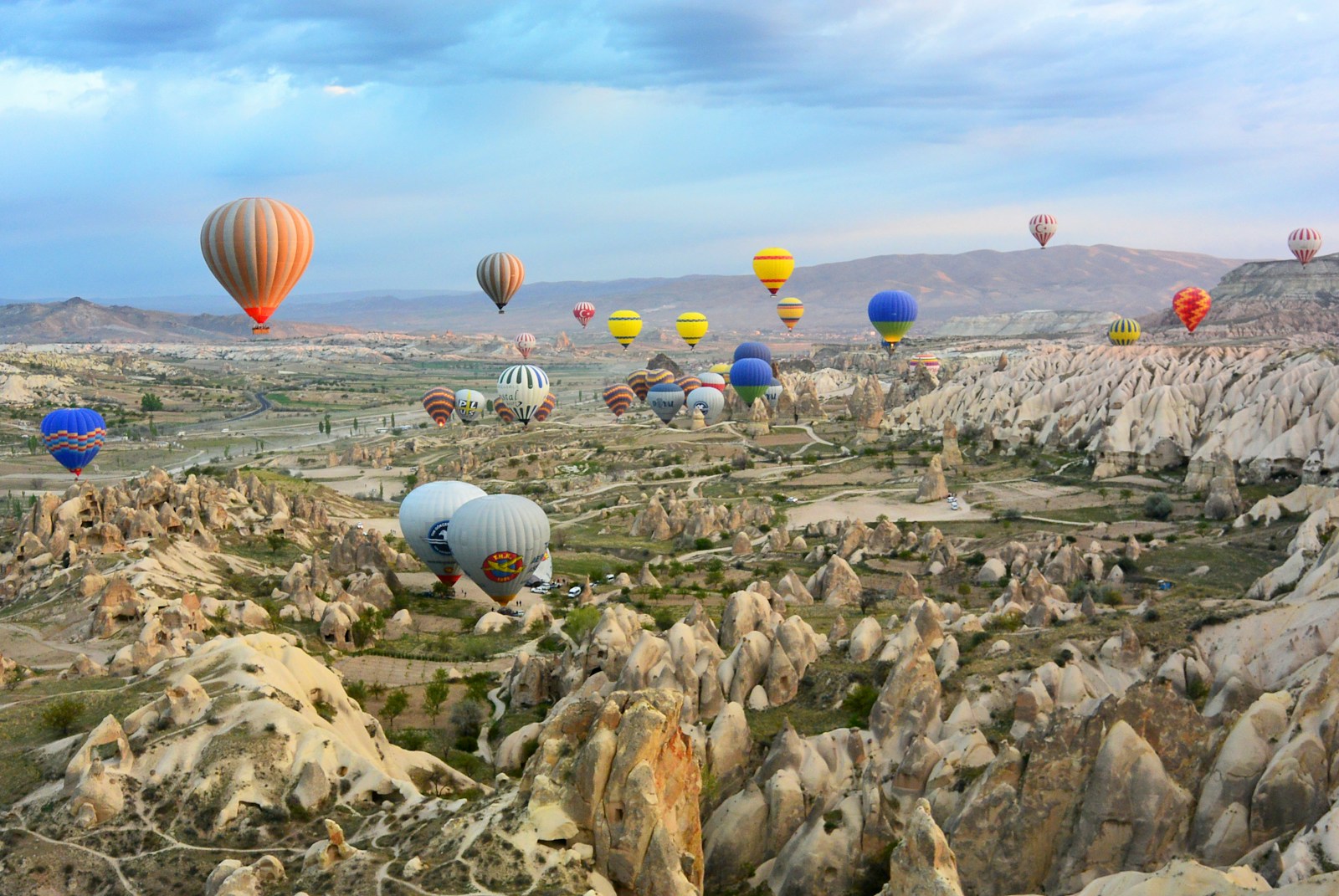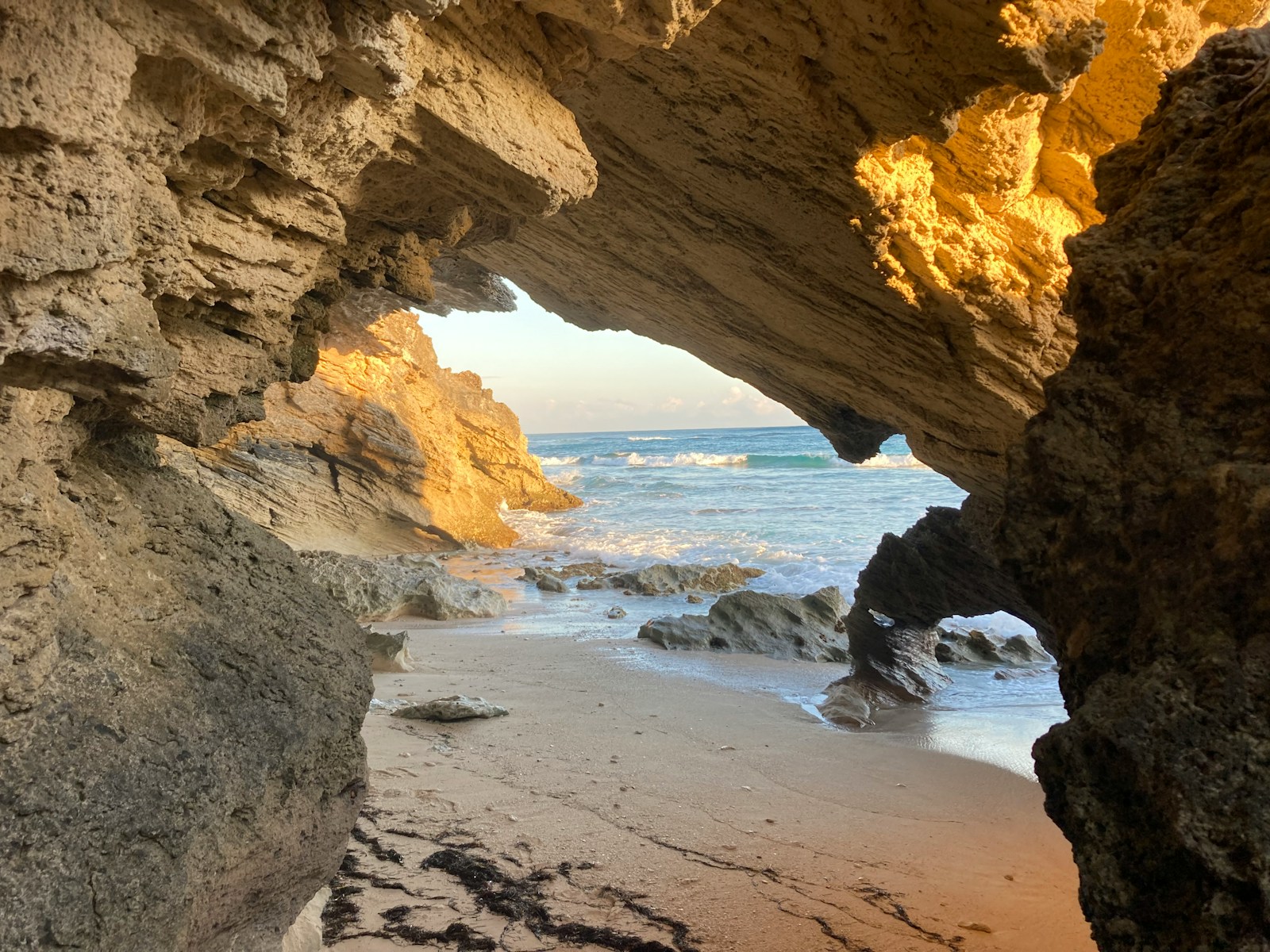Introduction
Imagine a world where your dream vacation is planned and executed with unparalleled efficiency and sustainability. The travel industry, once defined by brochures and travel agents, is rapidly evolving. It is being reshaped by technology, global events, and changing consumer preferences. For travel enthusiasts, sustainable travel advocates, and digital nomads, understanding these trends is essential to navigating the future. This blog post explores how travel and tourism are set to change, offering insights into the innovations and practices that will define the next era of exploration.
The Impact of Global Events on Travel
In recent years, global events have dramatically influenced the travel landscape. Pandemics, for instance, have shifted travel behaviors and priorities. The COVID-19 pandemic, in particular, has left a lasting impact. It forced the industry to rethink health and safety protocols, with heightened focus on sanitation and contactless interactions. Travelers now prioritize destinations with robust health measures, reshaping the way we approach international travel.
Additionally, climate change is a growing concern that directly affects travel decisions. The increasing frequency of natural disasters and extreme weather conditions has spurred a shift towards more conscious travel. People are choosing destinations less vulnerable to climate impacts while supporting eco-friendly practices. Destinations around the world are adapting to these changes, investing in infrastructure that mitigates environmental damage and enhances traveler safety.
Global events have also led to the emergence of new travel trends. Staycations, short getaways near home, have become popular as people seek to explore local or regional attractions. This trend is expected to continue, with travelers opting for road trips and domestic travel, balancing safety concerns with their wanderlust.
Tech and Innovation in Travel
Technology is revolutionizing travel like never before. It’s making journeys safer, more sustainable, and incredibly efficient. For example, biometric systems streamline airport security, reducing wait times and enhancing passenger experience. These systems use facial recognition technology to verify identities, allowing travelers to breeze through check-ins and boarding.
Innovative technologies are also transforming the way we explore destinations. Augmented Reality (AR) and Virtual Reality (VR) offer immersive experiences, allowing travelers to preview destinations or historic sites from anywhere in the world. This technology is not only enhancing traveler experiences but also providing a sustainable alternative to traditional tourism, reducing the need for physical visits.
Automation and AI are playing a crucial role in personalizing travel experiences. AI-driven chatbots assist travelers with bookings and itinerary recommendations. Machine learning algorithms analyze travel preferences and patterns, creating tailored suggestions that match individual interests. These technological advancements are setting the stage for a future where travel is seamlessly integrated into our digital lives.
The Rise of Sustainable Travel
Sustainable travel is no longer a niche concept; it’s a major force driving the future of tourism. Travelers are increasingly aware of their environmental footprint and seek ways to minimize it. Eco-friendly accommodations, carbon offset programs, and sustainable transport options are gaining traction as travelers prioritize responsible tourism.
Leading the charge in sustainable tourism are destinations and companies committed to preserving the environment. For instance, Costa Rica’s commitment to sustainable tourism has made it a haven for eco-conscious travelers. The country invests in conservation efforts, renewable energy, and community-based tourism initiatives, demonstrating that thriving tourism can coexist with environmental stewardship.
Travel companies are also adopting sustainable practices. Airlines are investing in biofuels, reducing carbon emissions, and exploring electric flight technology. Hotels are implementing energy-efficient systems and waste reduction initiatives. These efforts show the industry’s commitment to a greener future, inspiring travelers to make more sustainable choices.
Changing Consumer Behavior
Consumer behavior in travel is shifting, driven by a desire for more meaningful experiences. Today’s travelers seek personalized journeys that resonate with their interests and values. This shift is evident in the growing demand for experiential travel, where travelers immerse themselves in local cultures and traditions.
Eco-friendly travel is at the forefront of these changing preferences. Travelers now prioritize accommodations and activities that align with their sustainability goals. This shift encourages the industry to offer eco-conscious options, such as eco-lodges, organic dining experiences, and responsible wildlife tours.
Personalization is another key trend shaping consumer behavior. Travelers want experiences tailored to their unique preferences, from customized itineraries to personalized recommendations. This demand for personalization is driving travel companies to leverage data and technology to better understand and serve their customers, ensuring every trip feels like a tailor-made adventure.
New Business Models and Opportunities
The travel industry is adapting to these shifts by exploring new business models and opportunities. One significant trend is the rise of subscription-based travel services, offering travelers exclusive deals and curated experiences for a fixed fee. This model provides travelers with flexibility and value, catering to the desire for unique and hassle-free journeys.
Another opportunity lies in the development of niche markets. Wellness tourism, for example, is gaining popularity as travelers seek rejuvenation and relaxation. Health-focused retreats, yoga vacations, and spa getaways are becoming sought-after experiences, reflecting the growing interest in holistic well-being.
The industry is also diversifying by incorporating digital platforms and virtual experiences. Online travel agencies are expanding their offerings to include virtual tours, cooking classes, and cultural workshops. This diversification allows travelers to explore the world from the comfort of their homes, broadening the possibilities for travel enthusiasts looking for innovative experiences.
The Future of Work and Travel
The convergence of work and travel is creating new dynamics in the industry. Remote work, once a rarity, has become mainstream, enabling digital nomads to blend work and exploration seamlessly. This trend is reshaping travel patterns, with more individuals seeking destinations that cater to their work needs while offering enriching experiences.
Digital nomadism is expected to continue its rise, with destinations offering co-working spaces, reliable internet, and supportive communities. Countries are recognizing this trend and adapting policies to attract remote workers. For example, Estonia’s Digital Nomad Visa allows individuals to live and work in the country while exploring its rich culture and landscapes.
Workations, or work vacations, are becoming popular as professionals seek to escape the confines of traditional offices. These extended stays combine work and leisure, providing a balance between productivity and relaxation. This trend reflects the changing nature of work, where flexibility and freedom are valued more than ever.
Conclusion
The travel and tourism industry stands on the brink of a transformation that promises to redefine how we explore the world. From the impact of global events to the rise of sustainable travel and the integration of technology, the future of travel is filled with exciting possibilities.
For travel enthusiasts and sustainable travel advocates, understanding these trends is crucial for making informed travel choices. By embracing these changes, we can ensure our journeys align with our values and aspirations, making travel a force for positive change.
We invite you to join the conversation on the future of travel. Share your thoughts and experiences with our community, and let’s shape the future of exploration together. Remember, the choices we make today will define the travel experiences of tomorrow.
























